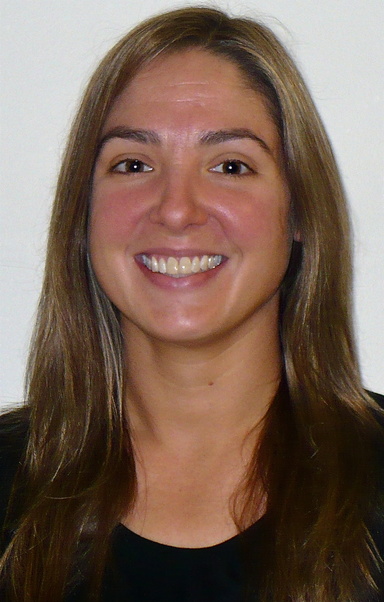Pediatric asthma is no airy subject. The respiratory disease causes swelling and narrowing of the airways, and it is the most common childhood chronic disease affecting approximately 13 percent of U.S. children. However, it affects some populations disproportionately.
According to the National Heart, Lung, and Blood Institute, asthma is more common and more severe among disadvantaged and at-risk populations, such as children; women; low-income, inner-city residents; African Americans; and Puerto Ricans. These populations experience above-average rates of emergency department visits, hospitalizations, and deaths related to asthma.

Some of the highest rates of pediatric asthma have been documented among African American and Puerto Rican children in Chicago, says University of Iowa College of Public Health alumna Melissa Gutierrez (MS ’06). Gutierrez is an epidemiologist at Sinai Urban Health Institute where she is program manager and evaluator for the Sinai Pediatric Asthma Program, a translational research grant funded by the Centers for Disease Control and Prevention.
Gutierrez’s program incorporates local health data, community engagement, and evidence-based interventions to alleviate pediatric asthma in the west side of Chicago.
"It’s not enough to just do research; we want to put our research into practice. The program is truly making a difference in people’s lives.”
Melissa Gutierrez
“In the neighborhood where I work, one in four children has asthma, children are four times more likely to visit emergency departments, and they miss an average of 10 more days of school than other children,” Gutierrez says.
“The North Lawndale neighborhood is rich in history,” she adds. “Martin Luther King, Jr., lived here and fought for human rights here. A lot of African Americans migrated from the south to North Lawndale. They saw this as the land of hope and promise.”
Unfortunately, the historic neighborhood is also the land of older housing and increased indoor asthma triggers, such as dust, pests, and mold.
PUTTING RESEARCH INTO PRACTICE
Gutierrez says the heart of the program is community health workers, whose home visits teach children and their families about asthma triggers and how to manage the condition. The visits are intended to supplement — not substitute — a physician’s care.
“This really comes back to health disparities. The way a white male views health care may not be the way an African American woman, or an Asian man, or a Hispanic woman views their health care,” she says. “But when a community health worker, one of their peers, comes to spend an hour and a half in their homes, they can speak freely about their health issues.”
The community health worker model is not new, reminds Gutierrez. It has been proven effective, but is often underutilized and underfunded.
“Not only is the intervention improving the lives of children with asthma, it is employing people from the community to help others in their community,” she says.
“For us [at Sinai Urban Health Institute], it’s not enough to just do research; we want to put our research into practice. The program is truly making a difference in people’s lives.”
Preliminary data gathered between 2008 and 2010 suggest that asthma symptoms have been reduced by an average of 43 percent and asthma-related emergency department visits by 74 percent following participation in the program.
TRULY CHANGING LIVES
The data and feedback from families contribute to job satisfaction for Gutierrez, who is charged with evaluating, implementing, and continually funding the programs.
“I get to do what I love. I get to do research and write grants for programs that have truly changed lives,” she says. “I am not fooling myself into thinking I did this alone, but together we can improve people’s lives. I have seen it.”
Gutierrez would like to acknowledge her colleagues at the Sinai Urban Health Institute and on the Sinai Pediatric Asthma Team. Without their hard work and dedication, none of these tremendous efforts would be possible.
This is an abbreviated version of a story that originally appeared in InSight, the College of Public Health’s magazine for alumni and friends.